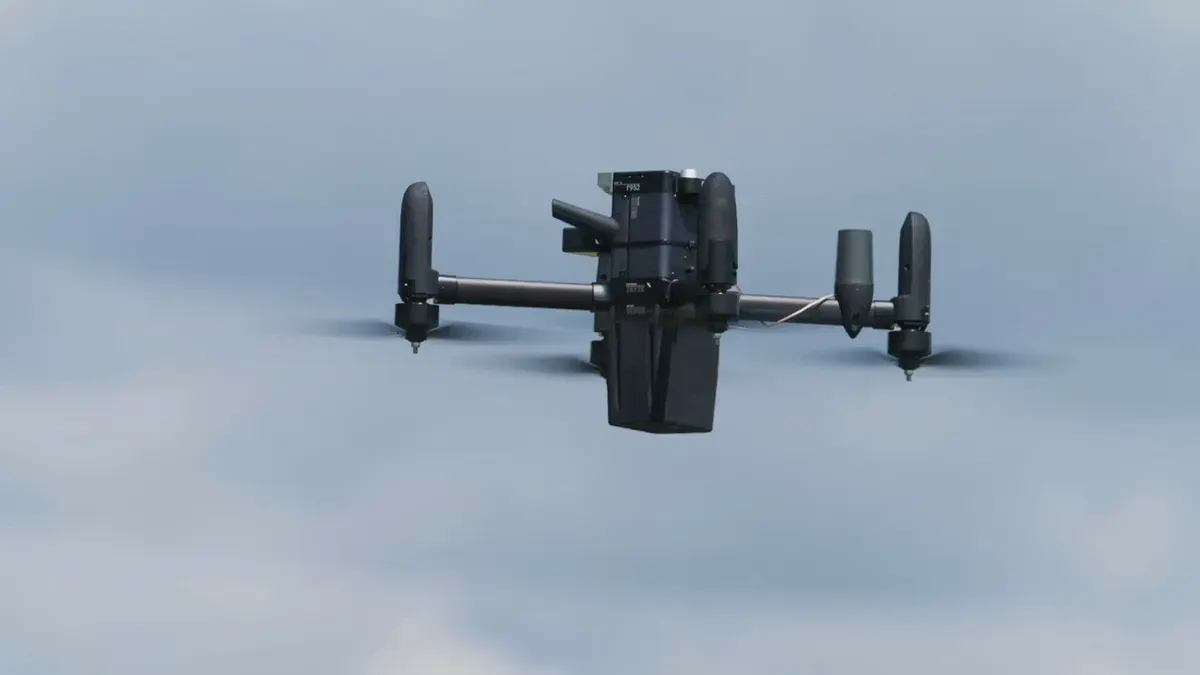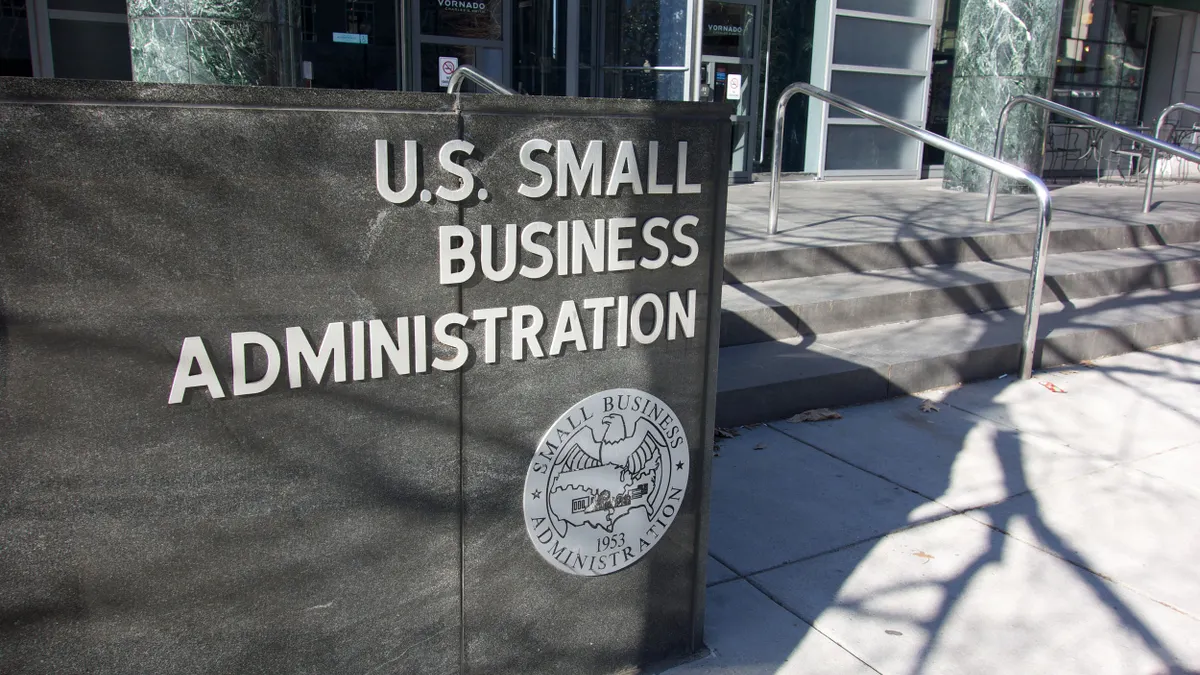UPDATE: Sept. 19, 2025: Boeing workers represented by the International Association of Machinists and Aerospace Workers District 837 at the company’s St. Louis-area fighter jet plants have voted to ratify the union’s proposed strike settlement on Friday.
The four-year contract aligns 401(k) contribution percentages with those of other Boeing employees across the U.S. as well as improved wages for workers at the top of their pay scale, according to the union’s press release. It also includes a ratification bonus compromise that is near the level of what Boeing provided for its IAM-represented workers at its West Coast facilities and non-union employees at its Dreamliner plant in South Carolina.
The Machinists union later submitted the proposal to Boeing as a pre-ratified agreement. The nearly seven-week strike could end if the plane manufacturer accepts.
“Our members have done their part — now it’s time for Boeing to do the right thing,” IAM Resident General VP Jody Bennett said in a statement. “Accept this deal today and restore stability to your operations.”
Dan Gillian, Boeing Air Dominance VP and senior St. Louis site executive, said in a statement on Friday that IAM’s leadership led workers to vote on a deal “that isn’t real”. In contrast, the company’s previous offer — which the union voted to reject Sept. 12 — is “real” and would make the fighter jet workers “among the highest paid manufacturing employees in the St. Louis area.”
“We want all 3,200 of you back at work as soon as possible,” Gillian said. “But that has to happen with a contract that makes sense in the Midwest, not the Pacific Northwest.”
Gillian added that the company remains open to “constructive talks” with the union to “work within the boundaries” of its previous offer
Sept. 18: Boeing workers represented by the International Association of Machinists and Aerospace Workers District 837 will be voting on a revised four-year strike settlement offer that the union’s negotiating team will bring forth to the plane manufacturer, according to the union's website.
IAM’s revised offer to Boeing includes annual general wage increases of 8% in the first year and 4% for the remainder of the contract. The deal also includes a 100% company match on the first 8% of employees’ 401(k) contributions and a $10,000 ratification bonus that could be set aside into a worker’s retirement or health savings account.
If workers vote to ratify IAM’s proposed offer, the union will present it to Boeing as a pre-ratified agreement. The strike could end if the plane manufacturer accepts the offer. If Boeing rejects it, the strike continues but the union said it stands ready to return to the negotiating table.
Boeing workers at the St. Louis-area facilities are seeking a deal comparable to what other plant workers at the company’s commercial aircraft facilities on the West Coast and in South Carolina have received. IAM Districts 751 and W24 held a 53-day strike at Boeing’s commercial airplane facilities, leading to a deal that included a wage increase and a lump sum into employees’ 401(k)s. The deal also led to a wage increase and retention bonus at Boeing’s non-union represented 787 Dreamliner plant in South Carolina.
“Our members’ solidarity and determination are the reason we’ve been able to put forward this creative path to settlement,” IAM Midwest Territory General VP Sam Cicinelli said in a Sept. 16 statement. “Boeing needs to recognize that this workforce is the backbone of its defense operations, and the community is standing with these families until they achieve a fair contract.”
At this point, however, Boeing plans on rejecting the union’s offer. It has provisions “the company has never made, including terms we’ve expressly told them we won’t accept,” Dan Gillian, Boeing Air Dominance VP, general manager and senior St. Louis site executive, said in a Sept. 16 statement.
“Sadly, this is a publicity stunt that’s a waste of your time and will not help bring an end to the strike,” Gillian added. “The union’s approach creates false expectations and will only prolong the strike for all of you who’ve already lost an average of $15,000 in income.”
The two parties began contract negotiations about a month before the previous contract expired July 28. The machinists rejected Boeing’s initial proposal and a seven-day cooling-off period followed before a strike began Aug. 4. During that time, Boeing and IAM District 837 resumed negotiations July 31.
Discussions between the two parties have grown tense since then. The last time IAM District 837 went on strike at the Missouri facilities was in 1996, lasting 99 days, when the site was operated under McDonnell Douglas, according to the union’s May 2010 press release. The following year, McDonnell Douglas merged with Boeing.
Last week, Boeing workers voted to reject the company’s modified five-year contract offer after both parties met with a federal mediator to assist with the negotiations.
Earlier this month, Boeing filed a complaint against the Machinists union with the National Labor Relations Board, alleging that IAM had refused to negotiate and was engaging in bad-faith bargaining. Boeing also began the hiring process to replace its striking workers as part of its contingency plan.
IAM Union Resident General VP Jody Bennett said in an email statement that Boeing is “refusing to engage in meaningful negotiations to resolve the strike” instead of listening to its employees.
“The IAM Union is therefore proposing a common-sense, fair offer for our members to vote on this Friday,” Bennett said. “The ball is in Boeing’s court.”
On Wednesday, five U.S. representatives sent a letter to Boeing President and CEO Kelly Ortberg, urging the company to return to the table and bargain in good faith. The lawmakers also raised their concerns regarding Boeing’s hiring to replace its striking workforce.
“Boeing Defense workers produce planes and other defense equipment that the United States government and our men and women in uniform rely upon,” representatives said in the letter. “These workers are essential to the success of your company, and they deserve a fair contract that reflects their hard work and sacrifices.”
“We remain open to engage in discussions,” Gillian said in his statement on Boeing’s negotiations website. “But as we’ve said many times, the overall economics of our offer will not improve.”
Boeing’s defense segment is one of the top five Pentagon beneficiaries in the military-industrial complex, according to a July 8 brief from public policy think tank The Quincy Institute. From 2020 to 2024, Boeing received about $115 billion in Pentagon contracts, driven by the surge of foreign arms sales tied to the war in Ukraine and the Israel-Hamas war.
In March, the Department of Defense awarded Boeing and Lockheed Martin a contract valued at $20 billion to develop a new fighter jet, the F-47.
Editor’s note: This story has been updated with the outcome of the Sept. 19 union contract vote and reactions from the parties involved.






















